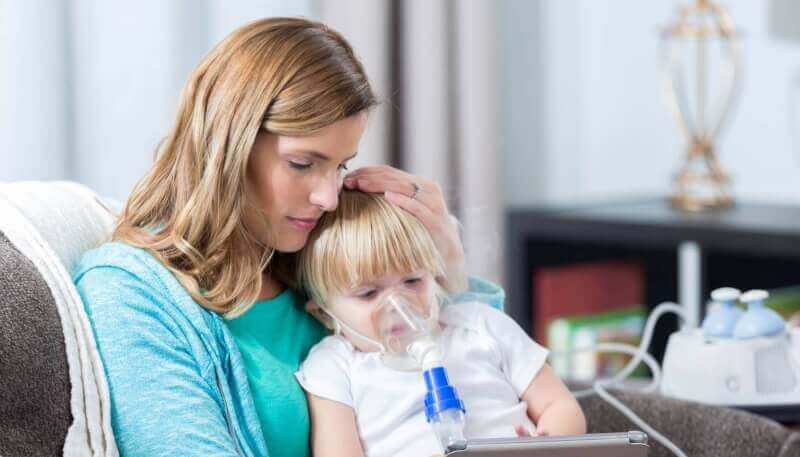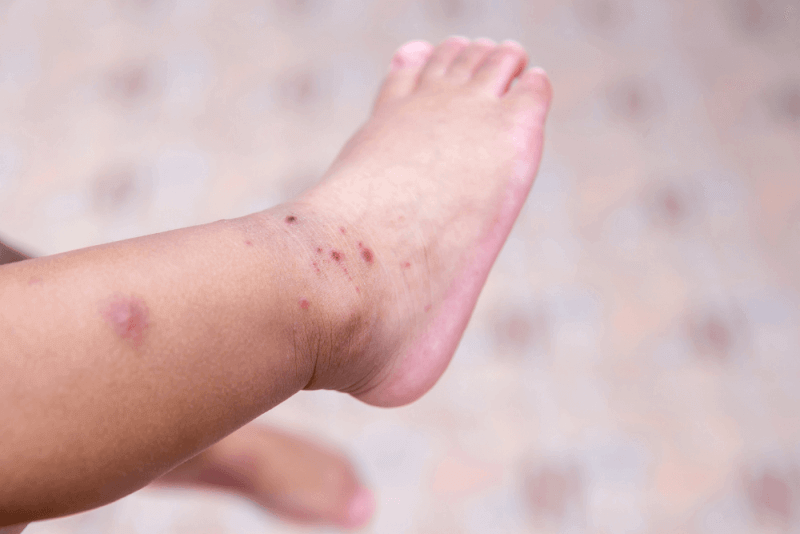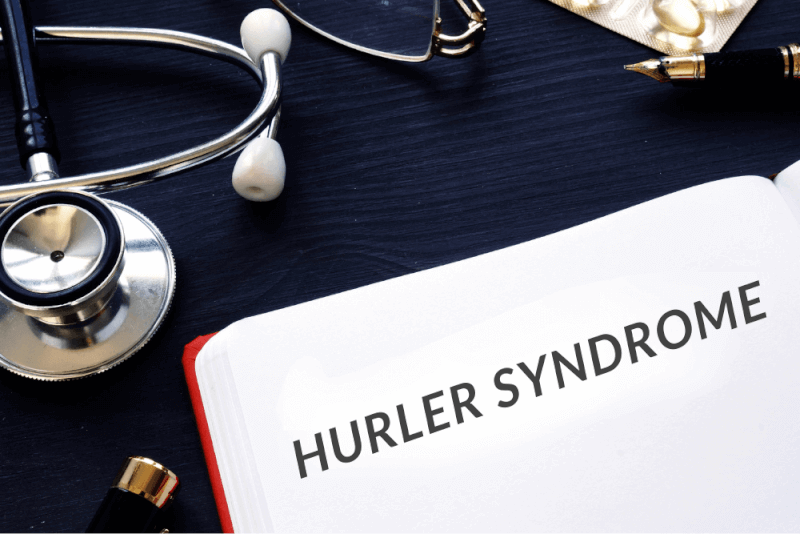Cystic fibrosis, a genetically inherited disease, affects cells secreted in the body such as mucus, digestive fluid and sweat. Instead of acting as a lubricant in the body, these secretions become thick due to the disease and cause various health problems. Cystic fibrosis patients need daily care. Despite being a difficult disease to cope with, people with cystic fibrosis can continue their daily work and school life. Advances in the screening and treatment of the disease in today’s medicine have made it possible for people with cystic fibrosis to live into their mid-30s on average and for some patients into their 40s and 50s.
What is Cystic Fibrosis?
Cystic fibrosis is a disease that primarily affects the lungs, pancreas, intestines, kidneys and liver. Due to the disease, the cells that produce digestive juices, sweat and mucus do not function normally. Cystic fibrosis can be life-threatening and patients have a shorter than average life expectancy. This is because the chronic-term problems often associated with the disease, cough with phlegm and breathing difficulties as a result of recurrent lung infections, reduce both quality of life and life expectancy. Although there is no definitive cure for cystic fibrosis, treatments such as nutrition, measures to increase sputum excretion and mucus thinning help to improve the quality of life of patients.
Causes of Cystic Fibrosis
Cystic fibrosis, which occurs due to gene mutation, causes a change in the protein structure that regulates salt movements between the inside and outside of the cell due to this gene change. The change in protein structure causes mucus in the reproductive, digestive and respiratory systems to take on a solid and sticky structure, while sweat becomes more salty. The gene that causes this condition can have many different defects. The type of mutation in the gene is associated with the severity of symptoms.
To develop cystic fibrosis, people must inherit a copy of the gene from both their mother and father. If the child receives only a single copy, i.e. a defective copy, the disease will not develop. However, they become carriers and can pass the gene on to their own children.
Symptoms of Cystic Fibrosis
Asthma symptoms vary according to the weeks. Even with the progression of the disease in the same patient, it can show a trajectory for the better or for the worse. Some patients do not experience any symptoms later in adulthood or adolescence, while others get them in childhood.
The most characteristic symptom is a higher salt content in their sweat. That is why brains taste salt when children kiss their children. Other symptoms of the disease include respiratory and digestive symptoms. Adults diagnosed with cystic fibrosis are more likely to experience certain complications, such as increased inflammatory pancreatic attacks, recurrent lung infections and infertility.
Respiratory System Symptoms
The lung secretions of cystic fibrosis patients are thick and sticky due to the disease. This structure of the secretions causes blockage of the lungs and other symptoms.
- Inflamed nasal passages,
- Nasal congestion
- Recurrent lung infections,
- Obstruction during exercise,
- Shortness of breath
- Wheezing
- Persistent cough with phlegm,
Digestive System Symptoms
The viscosity of mucus affects the digestive system. Thick mucus blocks the ducts that carry digestive enzymes from the pancreas to the small intestine, preventing the nutrients in the food eaten from being fully digested in the intestine. This causes the following symptoms.
- Loss of appetite,
- Nausea
- Abdominal swelling,
- Severe constipation,
- Intestinal obstruction in the Dogans,
- Inadequate weight gain in infants,
- Growth retardation,
- Foul-smelling oily feces,
The condition called rectal prolapse, which is especially seen in children, causes tension around the anus due to the constant constipation of children and causes the rectum to protrude from the anus. In this case, parents should consult a doctor who specializes in cystic fibrosis.
How is Cystic Fibrosis Diagnosed?
In Turkey, newborns have been screened for cystic fibrosis since 2015. Thanks to this screening, patients can be diagnosed early and treatment can be started immediately. Early initiation of treatment leads to more favorable results. In this screening test, a blood sample taken from the heels of newborns’ feet is tested for levels of a chemical secreted by the pancreas. These levels can be high because of premature or difficult births. Other tests are therefore used to confirm cystic fibrosis.
To confirm the diagnosis of irregularities in pancreatic chemicals Genetic testing is also carried out for specialized defects on the ge that is responsible. A sweat test is also performed when babies are at least 2 weeks old to confirm the diagnosis. In the sweat test, a chemical substance is applied to a small part of the babies’ skin and then enough sweat is collected for the test and examined in centers specializing in cystic fibrosis.
These tests for cystic fibrosis screening are also used to diagnose cystic fibrosis in adults. These tests are used especially in cases such as pancreatitis, chronic sinusitis, nasal polyps or lung infections.
Cystic Fibrosis Treatment
There is no method that can completely cure cystic fibrosis. The treatment of cystic fibrosis patients is aimed at reducing the symptoms caused by the disease and improving their quality of life. One of the most important aspects of treatment is close monitoring of patients. These patients receive early and intensive intervention to prevent adverse conditions. The treatment of cystic fibrosis is extremely complex. For this reason, patients should be treated by doctors who specialize in this field. The goals of cystic fibrosis treatment are as follows.
- Ensuring adequate and balanced nutrition,
- To prevent or treat intestinal obstructions that may occur
- To remove mucus accumulated in the lungs,
- Prevent lung infections,
- Controlling lung infections,
In order to achieve these goals of cystic fibrosis treatment, the following treatment methods are generally applied to patients:
- Use of various medications for the treatment of lung infections,
- Intake of digestive enzymes with meals to relieve digestive problems,
- Oxygen support,
- Use of chest and vibrating vest for sputum evacuation,
- Surgical procedures for nasal polyps or bowel problems







